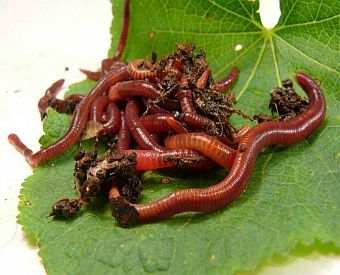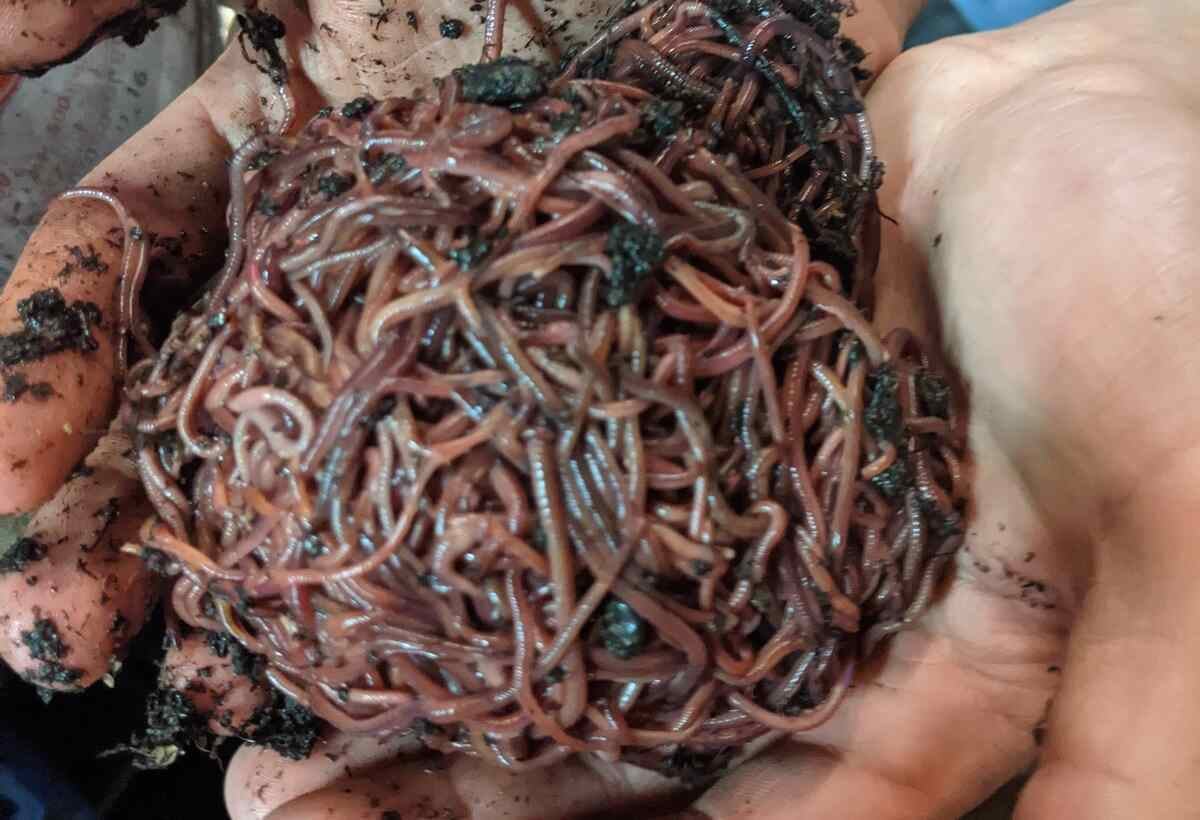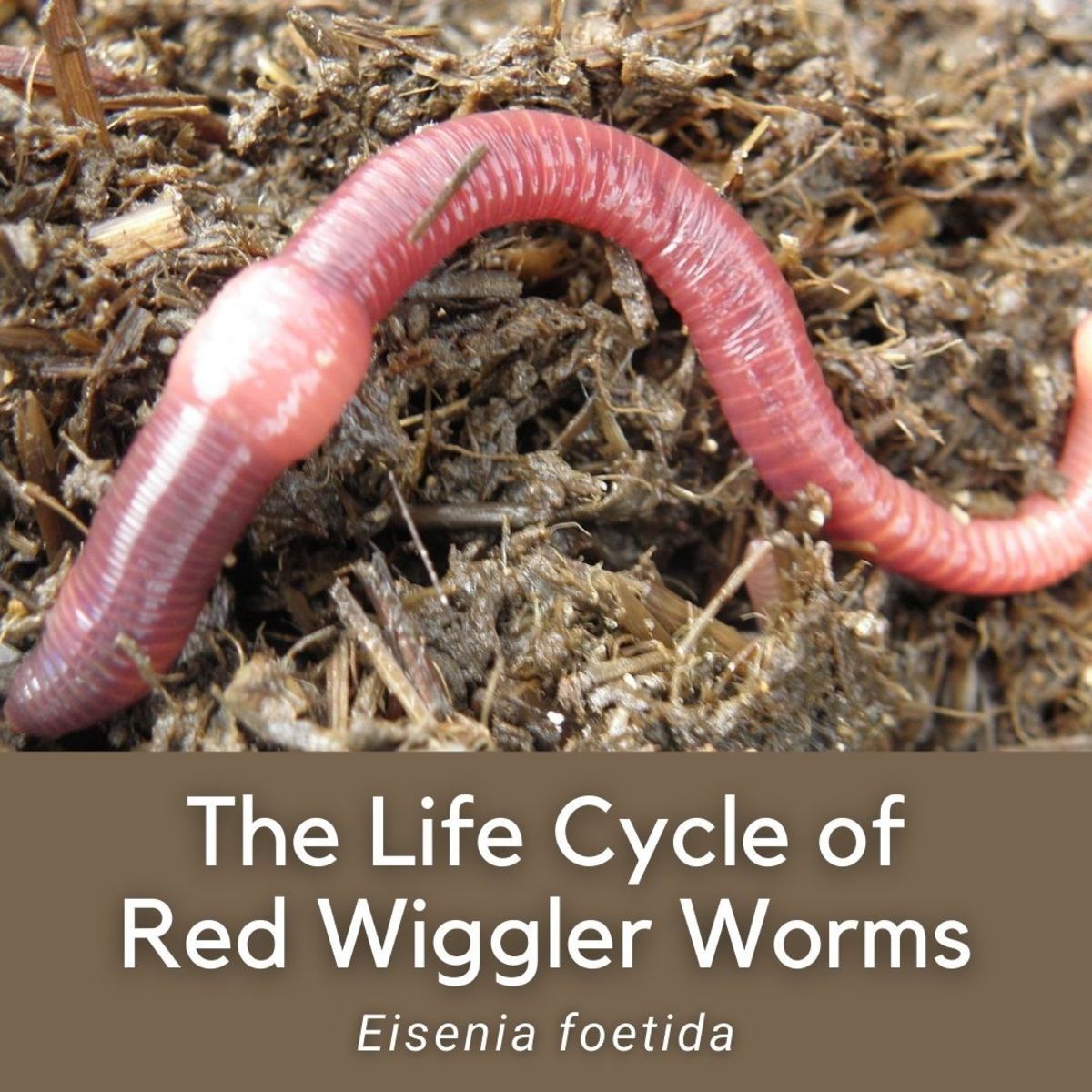Get Red Wiggler Worms Online - Hassle-free and Fast Shipping
Get Red Wiggler Worms Online - Hassle-free and Fast Shipping
Blog Article
Red Wiggler Worms Demystified: Unlocking the Tricks of Vermiculture for Greener Living and Nutrient-Rich Soil
In the realm of sustainable practices for enhancing dirt quality and promoting eco-conscious living, red wiggler worms play an essential yet usually neglected duty. Red Wiggler Worms. Comprehending the intricacies of caring for these worms, maximizing their environment, and using their castings can lead to a greener way of living and healthier soil for plants to prosper.
The Duty of Red Wiggler Worms
Red Wiggler worms play a crucial duty in composting systems by efficiently breaking down natural issue into nutrient-rich castings. These ravenous eaters consume a range of natural products, such as kitchen area scraps, lawn waste, and paper products. As they feed, the worms' digestive system processes damage down the organic issue into a penalty, dark, and nutrient-dense product referred to as worm spreadings or vermicompost.
The spreadings generated by Red Wiggler worms are extremely beneficial for dirt health and plant growth. They are abundant in important nutrients like potassium, nitrogen, and phosphorus, which are crucial for supporting healthy plant development. Additionally, worm spreadings contain valuable microbes and enzymes that help improve dirt structure, increase water retention, and improve nutrient uptake by plants.
Advantages of Vermicomposting

Moreover, vermicompost, the nutrient-rich end item of vermicomposting, functions as an exceptional organic plant food and dirt conditioner. It boosts soil framework, improves soil oygenation, and raises dirt wetness retention. These properties add to healthier plants with more powerful root systems and far better resistance to bugs and illness. Vermicompost also enhances the dirt with crucial nutrients like phosphorus, potassium, and nitrogen, advertising plant growth and total dirt fertility.
In addition, vermicomposting supports sustainable gardening methods by giving a natural and chemical-free alternative to synthetic plant foods. Red Wiggler Worms. This eco-friendly approach not only improves the dirt yet likewise aids decrease dependence on damaging chemicals, advertising a greener and much more lasting way of gardening
Establishing a Worm Bin
When developing a worm bin for vermicomposting, proper setup is vital to ensure the success of the composting process. The first action in setting up a worm container is choosing a suitable container.
After adding the bed linen, present the red wiggler worms to the look at this now bin. The worms ought to after that be provided with food scraps such as fruit and veggie peels, coffee premises, and eggshells.
On a regular basis monitor the wetness degrees and temperature in the worm bin to make certain optimal conditions for the worms. With appropriate configuration and upkeep, the worm container will efficiently transform natural waste right into nutrient-rich compost for your plants and garden.
Collecting Worm Spreadings
To successfully accumulate nutrient-rich worm spreadings from your vermicomposting system, an organized harvesting method is necessary. There are a few vital actions to comply with to make sure a successful procedure when it comes time to harvest the worm spreadings. To start with, quit adding fresh food scraps to one side of the worm container for a number of weeks before collecting. This motivates the worms to migrate sideways with fresh bed linens and food, making it simpler to scoop out the spreadings from the opposite.

Troubleshooting Common Issues
Recognizing and resolving typical obstacles that might develop during the vermicomposting process is essential for keeping a healthy and productive worm container. Including excess food scraps can lead to an use this link accumulation of dampness and acidity in the worm bin, possibly damaging the worms. An additional concern is unpleasant smells rising from the worm container.
In addition, if the worm population is declining or the worms appear undesirable, maybe because of ecological stressors such as severe temperatures or pH degrees. Checking these aspects and making necessary changes is necessary for the wellness of the worms. By fixing these common problems promptly, vermicomposters can make certain a successful and smooth vermicomposting process while keeping a thriving worm populace.

Conclusion
In final thought, red wiggler worms play a vital read more function in vermiculture by damaging down natural issue right into nutrient-rich soil. Establishing up a worm bin is important for effective vermiculture, and collecting worm spreadings supplies important garden compost for gardening.
As they feed, the worms' digestion processes break down the organic issue into a fine, dark, and nutrient-dense product understood as worm castings or vermicompost.
The spreadings generated by Red Wiggler worms are extremely helpful for soil health and wellness and plant development. Adding excess food scraps can lead to a build-up of moisture and acidity in the worm bin, potentially harming the worms.In addition, if the worm populace is decreasing or the worms show up harmful, it can be due to ecological stressors such as severe temperatures or pH degrees. Establishing up a worm container is crucial for successful vermiculture, and collecting worm castings offers useful compost for horticulture.
Report this page